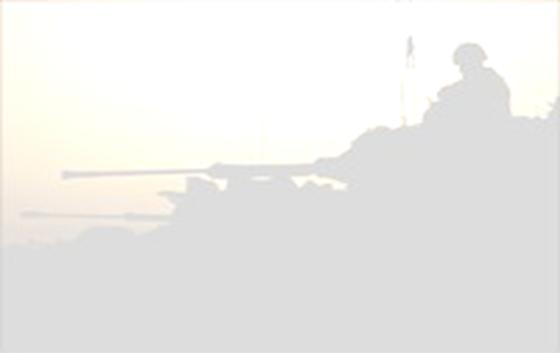The war in Iraq: 1920 and 2006
"What happened was that US and British forces invaded Iraq in 2003 and smashed the state, causing an anger and bitterness which the Bush administration and the Blair government have never acknowledged."
"Looking back on the events of the past year, it is clear that the three different popular votes which were held in Iraq, two elections and one referendum, played a big part in whipping up the violence."
"In 1920 it was all so different of course. Then Britain was occupying Iraq and faced with a resistance movement. Our strategy that time round was an interesting mirror image of that adopted in the current war. Eighty years ago we chose to back the Sunnis, disempowering the Shia majority, and setting in train the resentment that exists today. In 2003/4 we decided to go with the Shia, promoting a wholesale discrimination against the Sunnis in the allocation of power and position. Al Sistani said thanks very much and in return for the power handover promised by early elections halted the Shia uprisings and ended the siege of Najaf in 2004. Fragmentation of the country has of course resulted and the near civil-war state that exist was officially stamped with democratic approval by the holding of elections when the Sunnis were guaranteed not to vote.
Why would the UK and US want this disfunctional and conflict ridden state to be created? By mid 2004 it was clear they could not win the war against a resistance movement of a united Iraq, and with public opinion progressively hardening against the occupation forces (see surveys published by Oxford Research International) they were forced to revisit the history books. Faced with inevitable defeat they adopted the tried and tested formula of colonial powers throughout the ages. Divide and Rule! They are still losing of course, as any brief visit to the Brookings Institute or the Iraq Coalition Casualty Count will indicate. The elections and the construction of the government were, of course, counter-productive to peace and security and there was a linear increase in average US fatalities between March and June 2005 peaking at about 23 deaths and 150 total casualties per week (higher than the same time last year). The dips before and after this period seem to correlate most closely with rumours of negociation between the US/Iraqi government and elements of the nationalist resistance movement. The Americans will learn - you just have to give them time, a lot of it...."
But maybe that Churchillian paraphrase was just too optimistic.
Best of the web
- Migliori Siti Di Poker Online
- Casinos Not On Gamstop
- Non Gamstop Casino
- UK Casinos Not On Gamstop
- UK Casinos Not On Gamstop
- UK Casinos Not On Gamstop
- Casino Non Aams Italia
- Meilleur Casino En Ligne
- τα καλυτερα Online Casino
- Casino Not On Gamstop
- UK Online Casinos Not On Gamstop
- Gambling Sites Not On Gamstop
- Casino En Ligne France
- Trusted Non Gamstop Casinos
- UK Casinos Not On Gamstop
- UK Casino Not On Gamstop
- UK Casino Not On Gamstop
- Non Gamstop Casino Sites UK
- Non Gamstop Casino
- Online Casino Nederland
- UK Casino Sites Not On Gamstop
- Lista Casino Non Aams
- UK Online Casinos Not On Gamstop
- Casino Non Aams Sicuri
- Casino Online Non Aams
- Siti Casino Online Non Aams
- Bitcoin Casino
- Meilleur Site Casino En Ligne Belgique
- Meilleur Casino En Ligne
- Paris Sportif Ufc Mma
- Meilleur Casino En Ligne 2026
- Meilleur Casino En Ligne
- Meilleur Casino En Ligne
- Free Spin Senza Deposito Immediato
- Free Spin Gratis Senza Deposito
- Nuovi Casino Online
- Casino Online Sicuri
- Best Crypto Casino
- Casino Online Non Aams

